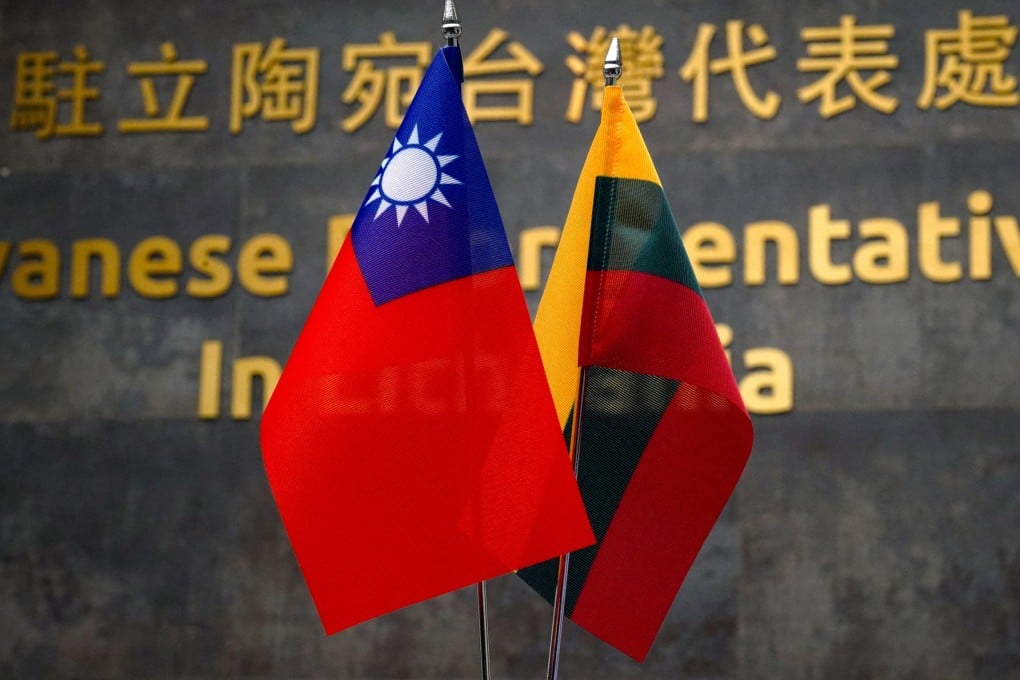Australia’s ‘substantial trade interest’ pushes Canberra to join EU’s WTO dispute with China over Lithuania curbs
- Australia has officially requested to be included in consultations as part of the European Union’s dispute with China over Beijing’s alleged trade curbs on Lithuania
- Canada, the United Kingdom and the United States have also requested to be included in the dispute at the World Trade Organization (WTO)

Australia’s “substantial trade interest” has seen Canberra officially request to be included in consultations as part of the European Union’s dispute with China at the World Trade Organization (WTO) over Beijing’s alleged trade curbs on Lithuania.
“Australia has a substantial trade interest in these consultations, which concern China’s alleged import bans or import restrictions on certain products, alleged export bans or export restrictions on certain products, and alleged restrictions or prohibitions on the supply of services,” a statement from Australia’s WTO delegation to China and the European Union released on Thursday said.
“Given the extent and value of this trading relationship, Australia has substantial commercial and systemic interests in ensuring that China’s measures affecting trade are applied in accordance with the WTO Agreements.”